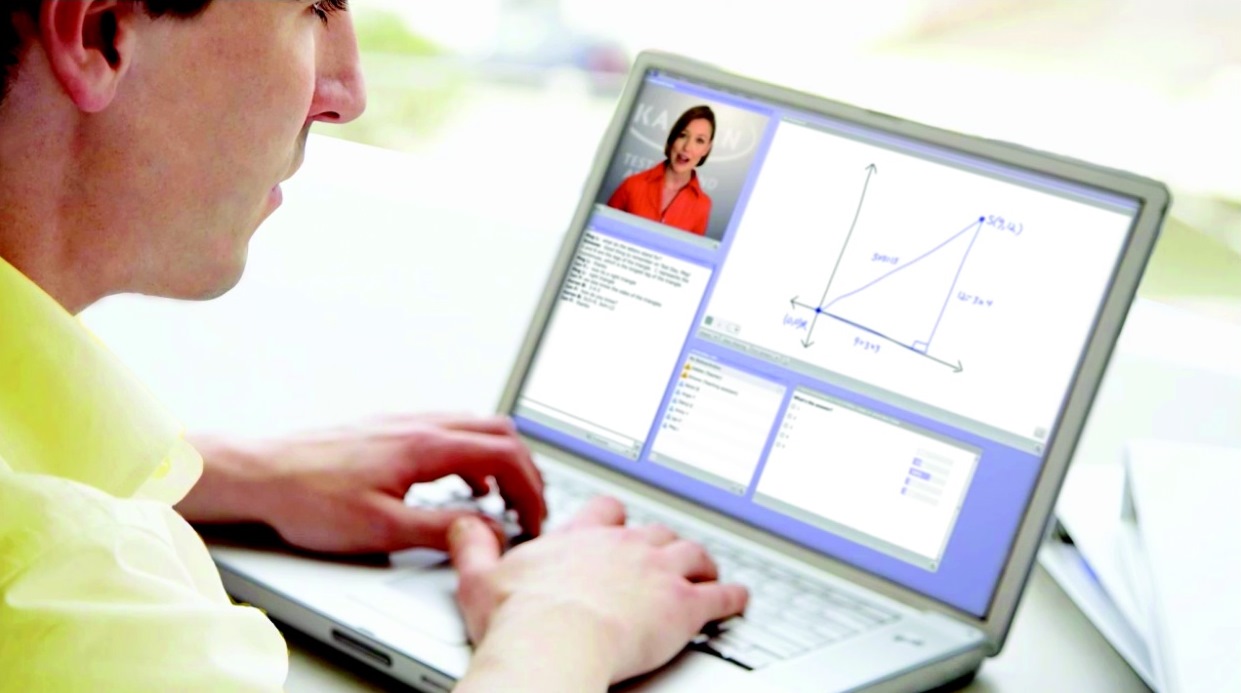News
Are Prep Centers Ready for Redesigned SAT?
In March 2014, the College Board unveiled its plan to revamp the Scholastic Aptitude Test that some colleges use as a yardstick to measure applicants’ academic readiness.
The redesigned test, which will be used starting in 2016, removes what has been a mandatory essay-writing portion. The redesigned test also aims to better reflect high school curricula upon which classroom teaching and learning is based.
In several ways, that may level the playing field for all SAT-takers, according to College Board officials. They have met with longstanding complaints that only students who could pay for SAT-prep courses, which can cost up to $2,000, had an advantage on the tests and, as a result, better chances of getting into college.
So, what might the redesign mean for privately owned test prep centers?
Devon Wible, executive director of content and curriculum at Kaplan Inc., doesn’t believe the redesigned SAT will stop students from signing up for test prep.
“Test changes are great for our industry,” Wible explained. “Students want to know what will be on the upcoming test. We are their experts.”
Even with a redesigned SAT, students will continue looking for ways to increase their scores, Wible added. That means test prep centers like hers still will be working to equip students to perform on the SAT, she said.
The changes to the SAT partly are a response to allegations from some education policy experts, parents and educators that the test does not accurately measure a student’s intellectual ability.
The redesigned SAT also comes as more and more students have been opting to take the American College Testing exam than the SAT, which had long been a standard measure for deciding college admission. In 2012, for the first time, more students took the ACT than the SAT.
Because of those allegations, David Coleman, who was chosen as the College Board’s new president in 2012, announced his planned SAT overhaul a year after taking office.
The new test will run just three hours, which is 45 minutes less than the current SAT. In addition to making the essay optional, the new test removes the quarter-point penalty for incorrect answers to multiple choice questions.
Even with such drastic changes to the test, students likely will try to get the best scores they can. Some will do so through the test prep centers.
Kaplan Inc. earned $300,000 in 2013 from SAT preparation, according to a Graham Holdings 2013 report. Kaplan, which provides other academic and professional certification services, charges $299 to $1,099 for its SAT prep program.
Ivy Global, a Toronto, Ontario, Canada-based test preparation company that also serves students in the United States, charges SAT test-takers from $650 to $1,600 for a course.
Not all students can afford the preparation. Some educators and others say that lack of finances may be reflected in test results.
SAT scores for students from families who earn less than $20,000 per year, on average, are 400 points less than scroes for students from families who earn more than $200,000 annually, according to a 2013 College Board study.
Kaplan test-prep center executives such as Wible said the redesigned SAT may not close the gap.
Some students also share doubts about the potential of the redesigned SAT to erase the low income-high income disparity in scores.
“I don’t think anyone would do well just taking the test cold,” said Emma Loh, 16, who will be a senior at Manhattan’s Stuyvesant High School in fall 2014. She spent much of summer 2014 preparing for the SAT at a center run by The Princeton Review, another test-prep company. She plans to take the current SAT in fall 2014.
For students who will be taking the redesigned test, test-prep companies such as Ivy Global are gearing up for the 2016 change. Ivy Global, for example, has assigned a 10-person team to write a new SAT preparation book.
However, Lloyd Min, Ivy Global’s co-founder and director, projected that it will take two to three years before its prep tests have fully adjusted to the forthcoming SAT.
“I don’t think the prep market will shrink or change,” Min added. “The SAT will always have a strong following.”


